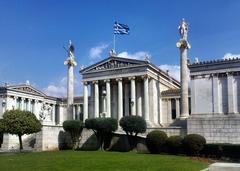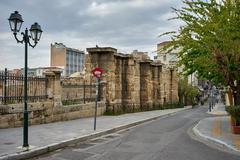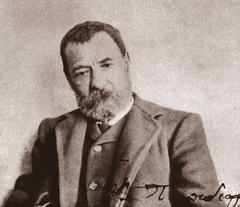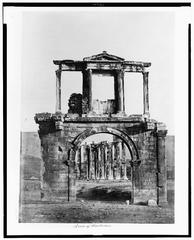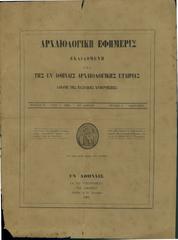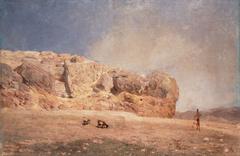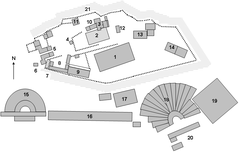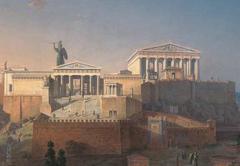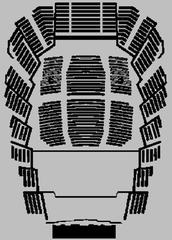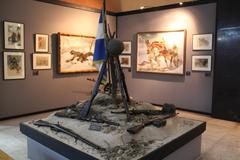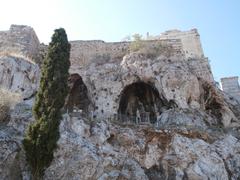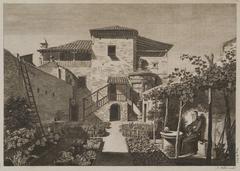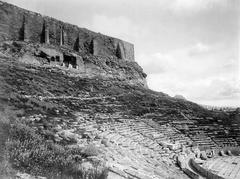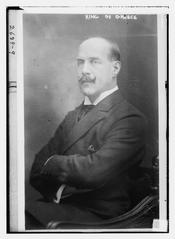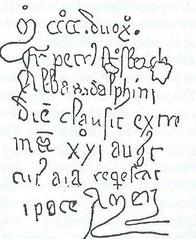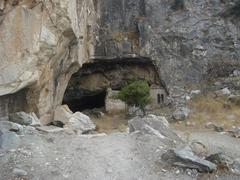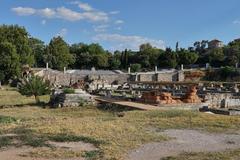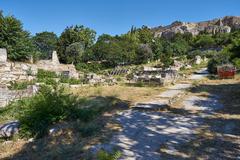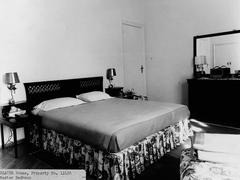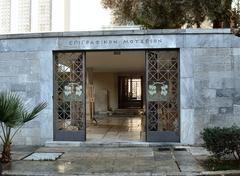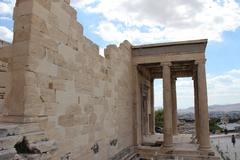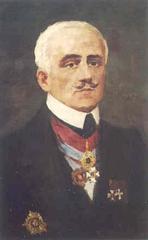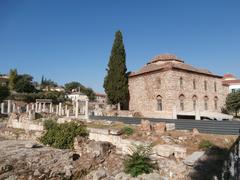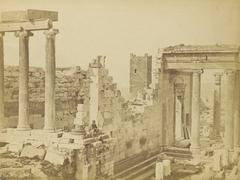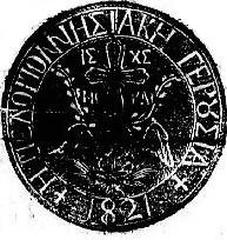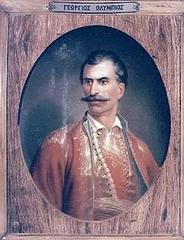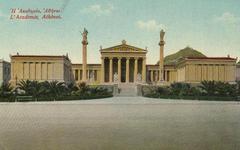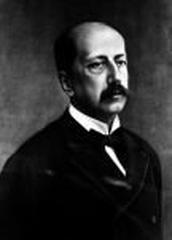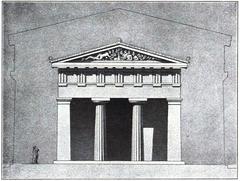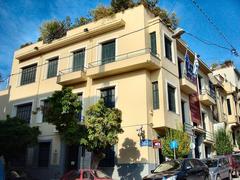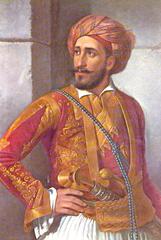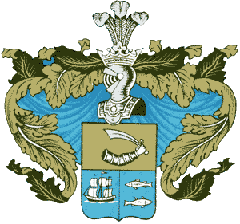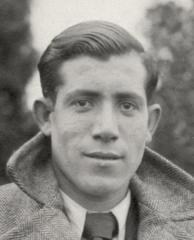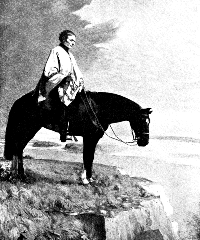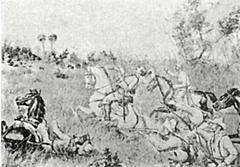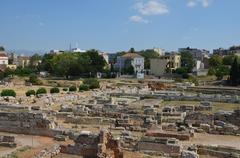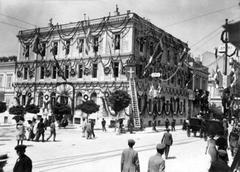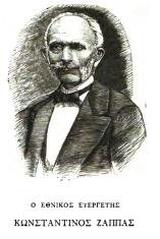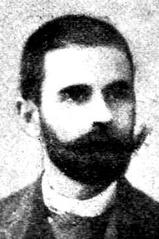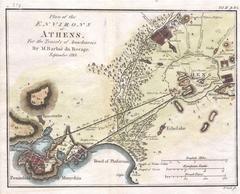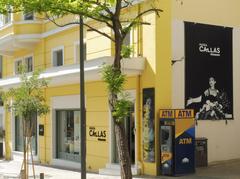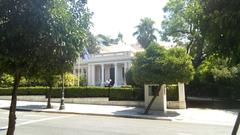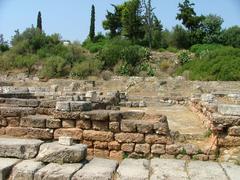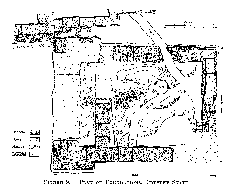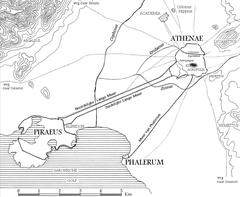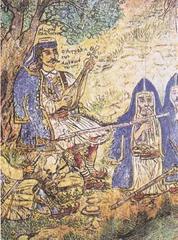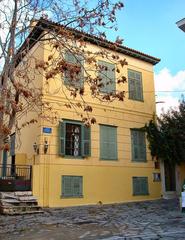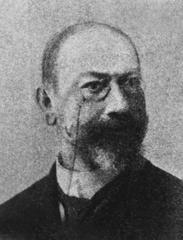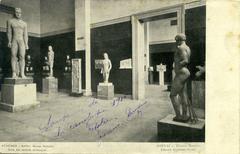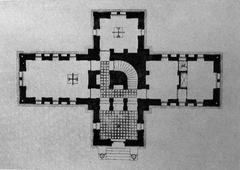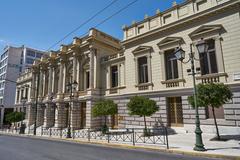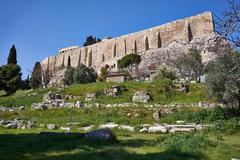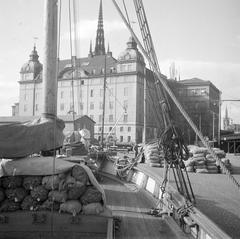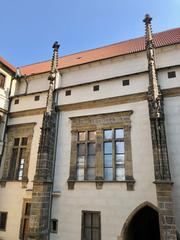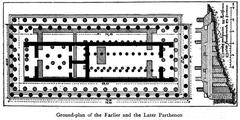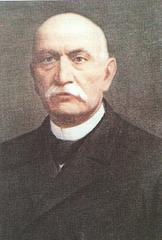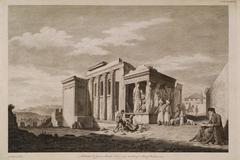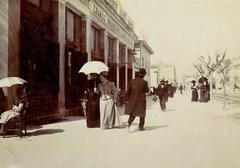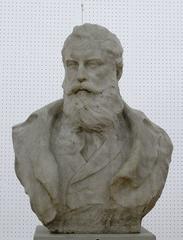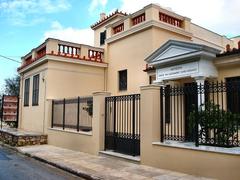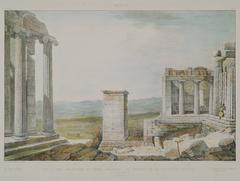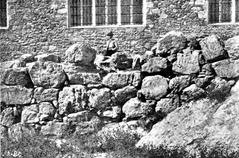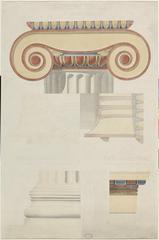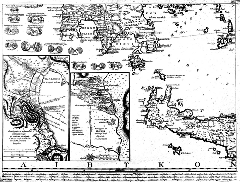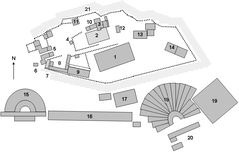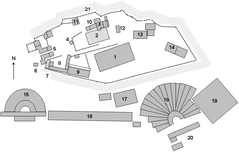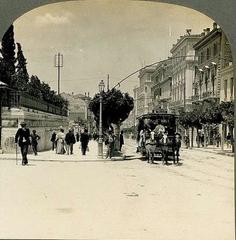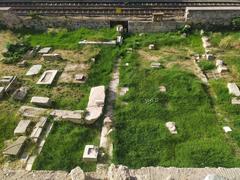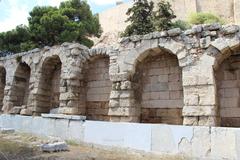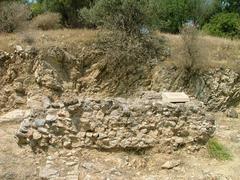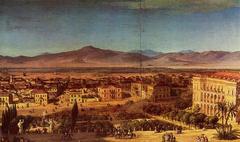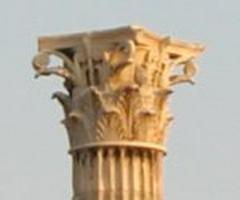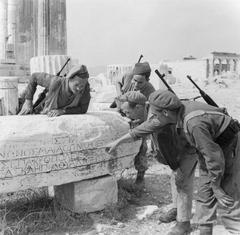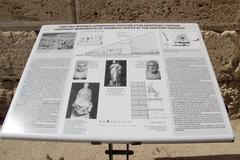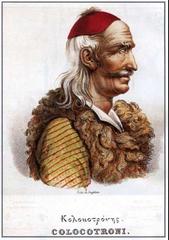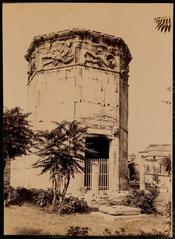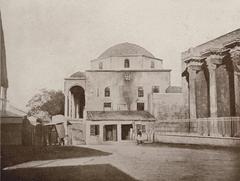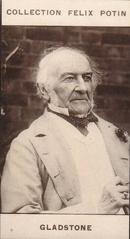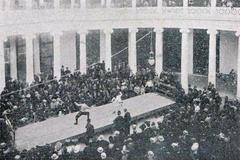Ilion Municipality, Athens, Greece: Comprehensive Guide to Visiting Hours, Tickets, and Attractions
Date: 15/06/2025
Introduction: Ilion’s Historical and Cultural Significance
Situated in the northwestern sector of Athens, Ilion Municipality is a dynamic destination where myth, history, and modern life intersect. Named after the legendary city of Troy (ancient Ilion), the area’s identity is steeped in the epic heritage of Homer’s Iliad, yet it thrives today as a multicultural urban suburb. While Ilion does not contain significant ancient ruins, its story reflects the evolution of Attican settlements, the impact of Ottoman and modern eras, and vibrant post-war development (The Archaeologist; Britannica). Visitors can enjoy a blend of local museums, lively festivals, expansive parks, and a welcoming community atmosphere, making Ilion a rewarding destination for culture, history, and leisure seekers (Tourist Places Guide).
Table of Contents
- Introduction
- Historical Overview
- Cultural Heritage and Attractions
- Visitor Information
- Local Experiences
- Nearby Attractions & Activities
- Frequently Asked Questions (FAQ)
- Conclusion & Recommendations
- References
Historical Overview
Ancient Roots and Etymology
The modern municipality of Ilion takes its name from the ancient city of Troy (“Ilion” in Greek), famously chronicled in Homer’s Iliad. This choice of name, adopted in the 20th century, reflects a conscious link to Greece’s mythic past. While the exact site of Troy is far from Athens, the symbolic connection to Greek heroism and cultural continuity is celebrated throughout the area (The Archaeologist).
Historical Development
Ilion’s lands were once part of classical Attica’s rural landscape, supporting agricultural communities that supplied ancient Athens. The region remained largely rural during Ottoman times, but urbanization accelerated in the 20th century, especially after the influx of refugees following the Asia Minor Catastrophe of 1922. Renamed from Nea Liosia to Ilion in 1994, the municipality today features a mix of residential neighborhoods, commercial centers, and green spaces, reflecting the broader evolution of Athens (Britannica; Athens Attica).
Cultural Heritage and Attractions
Museums and Historical Sites
-
Museum of the History of the Olympic Games
Located in central Ilion, this museum chronicles the Olympic movement from antiquity to the present, featuring artifacts, photographs, and interactive displays (Tourist Places Guide).- Visiting Hours: Tuesday–Sunday, 9:00 AM–5:00 PM (closed Mondays and holidays).
- Tickets: €5 general admission; discounts for students, seniors, and groups. Children under 12 enter free.
-
Olympia Village
A hub for cultural festivals and events, Olympia Village celebrates Greek traditions and Olympic heritage through performances, workshops, and exhibitions. -
Church of Agios Nikolaos
A significant Orthodox church open daily, notable for its religious art and local celebrations, especially the feast of Saint Nicholas on December 6.
Parks and Community Spaces
-
Antonis Tritsis Environmental Awareness Park
One of the largest urban parks in Athens, this green oasis features walking and cycling paths, birdwatching lakes, and organized environmental activities.- Visiting Hours: April–September, 8:00 AM–8:00 PM; October–March, 8:00 AM–6:00 PM.
- Entry: Free.
-
Public Art and Murals
Neighborhoods throughout Ilion are adorned with street art and sculptures inspired by Greek mythology, particularly the Iliad.
Visitor Information
Guided Tours and Accessibility
- Guided tours are available for the museum and Olympia Village. Book in advance via the official museum website or at the local visitor center.
- Accessibility: Major attractions and parks are wheelchair-friendly, with paved paths and accessible facilities.
Getting There
- By Metro: Take Line 2 (Red Line) to Agios Antonios or Peristeri, then transfer to local bus routes serving Ilion.
- By Bus: Several bus lines connect Ilion to central Athens.
- By Car: Ilion is accessible via main avenues such as Fylis and Thivon; parking is available near major sites.
- From the Airport: Athens International Airport is ~32 km away; access via metro and bus or airport taxi.
Accommodation
- Local Options: Ilion offers private villas and budget-friendly apartments.
- Example: ILION Villa provides amenities like a private pool, fitness center, playground, free Wi-Fi, and parking.
- Nearby Districts: More hotels in Peristeri and Petroupoli.
Local Experiences
Festivals, Cuisine, and Community Life
-
Cultural Events and Festivals:
- Major events include Easter celebrations and the Feast of the Assumption (August 15), featuring traditional music, dancing, and communal meals (Discover Greece).
- The Ilion Summer Festival hosts open-air concerts and theater in Antonis Tritsis Park.
-
Traditional Cuisine:
- Local tavernas serve mezé, grilled meats, and Asia Minor–influenced dishes.
- Markets offer fresh produce, olives, cheeses, and Greek pastries.
-
Community Engagement:
- Residents actively participate in organizing festivals, cultural workshops, and public art projects, fostering a strong sense of civic pride.
Notable Events and Modern Identity
Ilion’s growth reflects key moments in modern Greek history, from refugee resettlement to Athens’ urban expansion. The municipality played a role in Athens’ cultural revival during the 2004 Olympic Games, benefitting from infrastructure improvements. Today, Ilion is a densely populated, family-friendly suburb with a vibrant community life, sports facilities, and ongoing cultural programming (Britannica; Athens Attica).
Nearby Attractions & Activities
- Central Athens: Acropolis, National Archaeological Museum, and historic neighborhoods (Plaka, Psyrri, Monastiraki) are easily reached by public transport (Earth Trekkers).
- Ancient Eleusis: The renowned archaeological site is a short drive from Ilion.
- Peristeri and Nea Filadelfeia: Neighboring suburbs with parks, markets, and cultural venues.
Frequently Asked Questions (FAQ)
Q: What are the main visiting hours for Ilion’s attractions?
A: Museums and cultural centers: 9:00 AM–5:00 PM (closed Mondays). Parks: open 8:00 AM–8:00 PM in summer, 8:00 AM–6:00 PM in winter.
Q: Are tickets required for museums and festivals?
A: The Museum of the History of the Olympic Games charges €5 (discounts available); most festivals and parks are free.
Q: Is Ilion accessible for people with disabilities?
A: Yes, main attractions and parks have accessible facilities.
Q: How do I reach Ilion from central Athens or the airport?
A: Use Metro Line 2 to Agios Antonios or Peristeri, then take a local bus or taxi.
Q: Where can I find up-to-date event schedules and tickets?
A: Check the official Ilion municipal website or download the Audiala app.
Conclusion & Recommendations
Ilion Municipality offers an enriching alternative to Athens’ more touristic sites, blending mythological echoes with living Greek culture. From museums and parks to vibrant festivals and local cuisine, Ilion welcomes visitors to experience authentic community life and discover another facet of Athens’ diverse heritage. For the latest visitor information, download the Audiala app and consult official resources. Make Ilion part of your Athens itinerary for a rewarding and memorable Greek experience.
References
- The Archaeologist Article on Troy
- Britannica: Athens
- Unfolding Greece: Famous Athenians
- Tourist Places Guide: Ilion
- Athens Attica: Municipality of Ilion
- Discover Greece: Traditions in Greece
- Earth Trekkers: Best Things to Do in Athens
- Booking.com: ILION Villa
- Wikipedia: Ilion, Greece
- This is Athens: Tips
- YMT Vacations: Greek Customs
